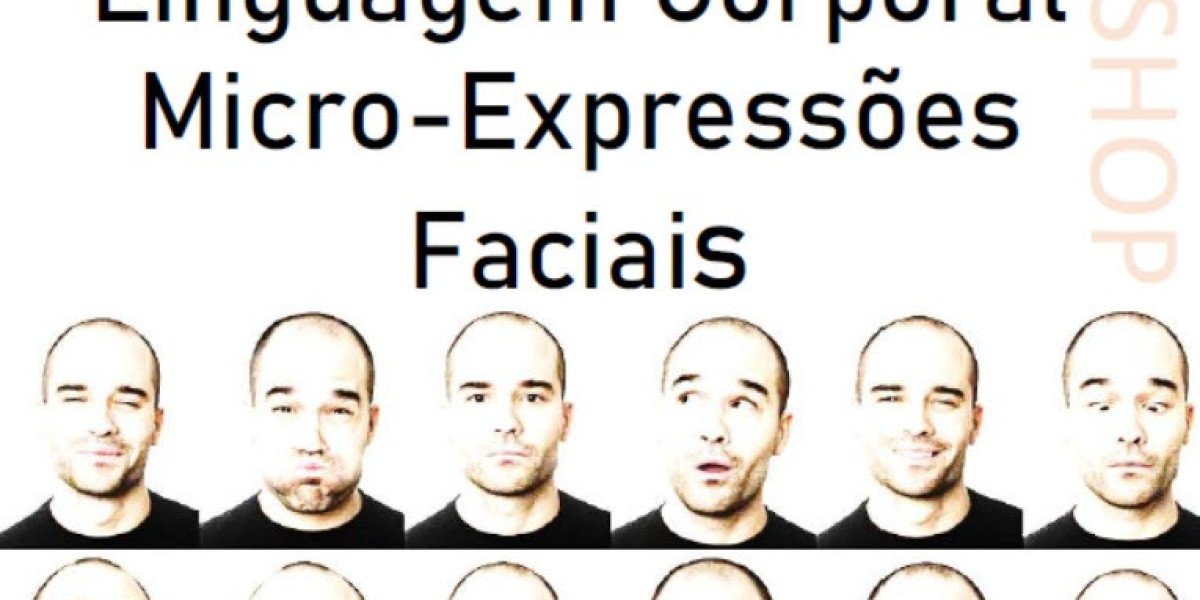Reich taught psychoanalytic seminars in Vienna from 1922–1930 and worked as a psychoanalyst specializing in sex counseling. He established the Socialist Society of Sexual Advice and Sexual Research in 1928, and when he moved to Berlin in 1930, he created the German Association for a Proletarian Sexual Policy (shortened to SEXPOL). With Hitler’s rise to energy, Reich fled to Denmark and was expelled from the German communist get together in 1933. During this time, Reich printed The Mass Psychology of Fascism and Character Analysis. In 1934, The International Psychoanalytical Association voted to exclude Reich primarily based on his unconventional views. Unwelcome in many nations, Reich relocated to Norway where he taught on the University of Oslo until 1939, when he moved to New York.
Injunction
In New York, Reich worked in non-public follow and lectured at the New School for Social Research. In this profound and transferring work, the scientist Wilhelm Reich explores the which means of Christ's life and reveals the hidden, common scourge that brought on his agonizing death--The Emotional Plague of Mankind.Reich contends that man is faced with full accountability for the homicide of Christ all through the ages--for the homicide of fellow human beings, it would not matter what the circumstances. Here is the blunt reality about people's true methods of being, performing and emotional reacting.Here, also, the lesson of the murder of Christ is applied to the up to date social scene. The tragedy of Reich's own dying points up the truth that the issues presented in THE MURDER OF CHRIST are acute issues of present-day society. The different aspect of Reich's story is that he was blamed to have invented a pseudoscience method for treating cancer. Wilhelm Reich (March 24, 1897 – November three, 1957) was an Austrian-American psychiatrist and psychoanalyst. In the Twenties he was a pupil of Sigmund Freud in Vienna and made essential contributions to psychoanalysis (Charakteranalyse 1933; engl. 1945ff).
Death
Reich wrote about being aware of the affair and the method it had impacted him with emotions of disgrace, jealousy, and anger, and a battle over whether or not to guard his mother or share her indiscretions with his father.Reich concluded that they had been compatible if dialectical materialism was applied to psychology.[61] This was one of the central theoretical statements of his Marxist interval, which included The Imposition of Sexual Morality (1932), The Sexual Struggle of Youth (1932), The Mass Psychology of Fascism (1933), "What is Class Consciousness?" (1934) and The Sexual Revolution (1936).First published by Reich in 1953, People in Trouble is an autobiographical work in which Reich describes the event of his sociological considering from 1927 to 1937.With Hitler’s rise to energy, Reich fled to Denmark and was expelled from the German communist party in 1933.In 1929, Reich and his spouse visited the Soviet Union on a lecture tour, leaving the 2 children in the care of the psychoanalyst Berta Bornstein.In New York, Reich worked in personal apply and lectured on the New School for Social Research.Wilhelm Reich was an early 20th century psychoanalyst identified for his controversial and infrequently radical ideas.
These encrusted attitudes functioned as an "armor," which Reich later found to exist simultaneously in persistent muscular spasms. Thus mind and physique got here collectively and character analysis opened the way to a biophysical method to disease and the prevention of it. During the 1920s Reich became involved within the social struggles of the time. In 1933 he was kicked off from the Party, and in 1934 from the organisations of Psychoanalysis.
Die Funktion des Orgasmus
His work was rediscovered by the activists of the sexual revolution of the 1960s and Nineteen Seventies. After the demise of his mom, Reich's father despatched him to an all-boys gymnasium—a school that focuses on secondary instruction. In 1914, Reich’s father died from tuberculosis and the primary World War started. Reich was homeschooled by tutors till 1910, when his mom committed suicide after her temporary affair with one of the tutors had been discovered by Reich’s father. Reich wrote about being conscious of the affair and the means it had impacted him with feelings of disgrace, jealousy, and anger, and a struggle over whether to guard his mother or share her indiscretions together with his father. Reich entered medical college in 1918 and started to discover the works of Sigmund Freud while at the University of Vienna.
Character Analysis Paperback – November 1, 1980
During this time, Reich met and have become a student of Freud’s and ultimately labored as an assistant in Freud’s scientific follow. Reich was invited to become a member of the Vienna Psychoanalytic Association in 1920, and he earned his medical diploma in 1922. Wilhelm Reich was an early twentieth century psychoanalyst recognized for his controversial and sometimes radical ideas. Visit Author Central to replace your books, profile image and biography.
Thus thoughts and body came together and character evaluation opened the way to a biophysical strategy to illness and the prevention of it.Orgonomy was to be the science of orgone, a "primordial vitality" Reich claimed to have found.Reich was homeschooled by tutors till 1910, when his mom dedicated suicide after her temporary affair with one of the tutors had been discovered by Reich’s father.Wilhelm Reich (March 24, 1897 – November 3, 1957) was an Austrian-American psychiatrist and psychoanalyst.His influence is seen in the works of many mental health professionals' theories and techniques including body psychotherapy, Gestalt therapy, and bioenergetics evaluation, among others.In 1914, Reich’s father died from tuberculosis and the primary World War started.In 1934, The International Psychoanalytical Association voted to exclude Reich primarily based on his unconventional views.
Science
Reich believed in the libido and the orgone, a term Reich created to discuss with a cosmic power he believed he had uncovered; the word is derived from the words orgasm and organism. He built orgone accumulators and was investigated by the FDA for selling the gadgets. When Reich disobeyed this injunction, he was charged with contempt and imprisoned. In 1929, Reich and his spouse visited the Soviet Union on a lecture tour, leaving the 2 kids in the care of the psychoanalyst Berta Bornstein. Sharaf writes that he returned much more convinced of the link between sexual and financial oppression, and of the want to combine Marx and Freud.[60] In 1929 his article "Dialectical Materialism and Psychoanalysis" was revealed in Unter dem Banner des Marxismus, the German Communist Party journal. The article explored whether or not psychoanalysis was appropriate with historic materialism, class struggle and proletarian revolution.
At this time he began his personal analysis on the organic foundations of psychoanalysis, later on called "orgonomy". Orgonomy was to be the science of orgone, a "primordial vitality" Reich claimed to have found. Reich is known for selling controversial ideas that, for the time, have been extremely radical. He carried out experiments into sexuality that he claimed demonstrated that the skin developed an electrical cost in response to feelings of pleasure and anxiousness. He studied the development of protozoa, arguing that substances corresponding to blood and grass could disintegrate into mobile vesicles because of their energetic cost.
Reich concluded that they had been suitable if dialectical materialism was utilized to psychology.[61] This was one of many central theoretical statements of his Marxist interval, which included The Imposition of Sexual Morality (1932), The Sexual Struggle of Youth (1932), The Mass Psychology of Fascism (1933), "What is Class Consciousness?" (1934) and The Sexual Revolution (1936). Reich agreed with many of Freud’s theories, and each believed that human neurosis was primarily based in economic, social, sexual, and physical conditions. He advocated progressive sexual education and promoted sexual liberation, entry to contraceptives, leitura corporal seicho no ie and the acceptance of divorce and abortion. His affect is seen in the works of many mental well being professionals' theories and methods together with physique psychotherapy, Gestalt remedy, and bioenergetics analysis, amongst others. First published by Reich in 1953, People in Trouble is an autobiographical work in which Reich describes the event of his sociological pondering from 1927 to 1937. The Norwegian press marketing campaign against his biological experiments can be discussed.People in Trouble is the story of 1 man's courageous battle to know the political exercise of his fellow men.








